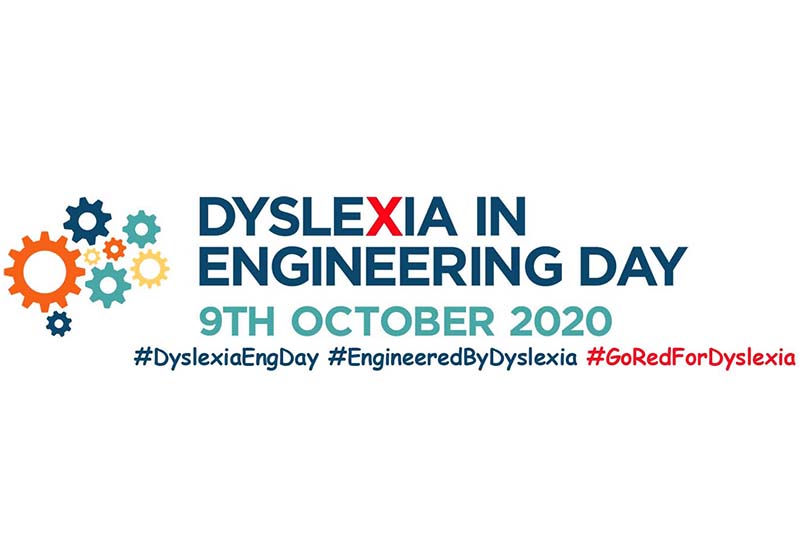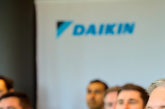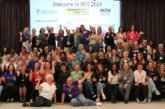
Dyslexia in Engineering Day is an awareness day being celebrated this year for the first time. The brainchild of Steve Gill, past President of the IOR and founder of World Refrigeration Day, it aims to raise awareness of the challenges and potential of those with dyslexia within the HVAC&R industry.
At very short notice, the day has attracted interest from associations such as The IET, BESA Group, CIPHE and CIBSE – with former Presidents Andy Ford (CIBSE) and Tracey Richardson (CIPHE) speaking throughout the afternoon. In addition, there is an impressive line-up of speakers join three panel style webinars:
12.30pm
The Institution of Engineering and Technology (IET) will be hosting a webinar panel discussion with members sharing their experiences and successes. You can watch live at www.youtube.com/watch?v=ajpW1NiFImo
2.30pm
IMI Hydronic Engineering will be hosting a webinar panel discussion with HVAC&R leaders sharing their experiences of being dyslexic and how this helped them. Speakers are Steve Gill, Paul Hull, Neil Bunning, Andy Ford and Andrew Chandler. Registration is at register.gotowebinar.com/register/3376382915685719310
4pm
BESA Group is hosting a collaborative webinar panel discussion webinar with representatives from CIBSE, Institution of Engineering and Technology (IET), CIPHE, the Institute of Refrigeration, and London South Bank University, discussing the opportunities and challenges for the engineering industry. The panel will be chaired by Stephen Gill. Registration is at https://register.gotowebinar.com/register/1737047362595686155
Stephen Gill says: “I’m really thrilled that this subject is finally being discussed openly. For many in our industry, there is still an outdated stigma attached to being dyslexic. We don’t know the extent of it within engineering as there has been no significant research that I am aware of, but some estimates suggest that it could be as high as 30% – which has significant implications for the whole industry.”












